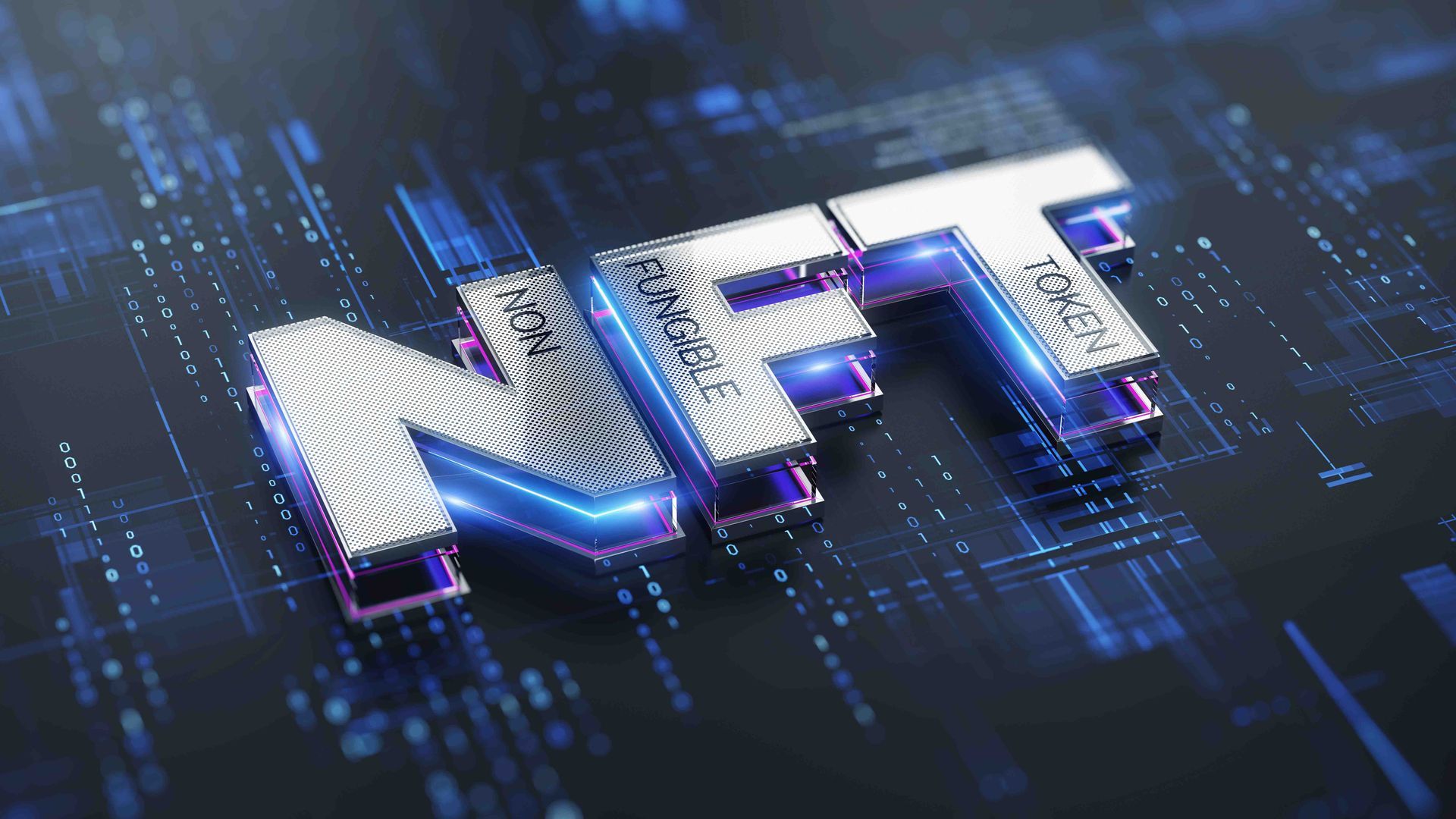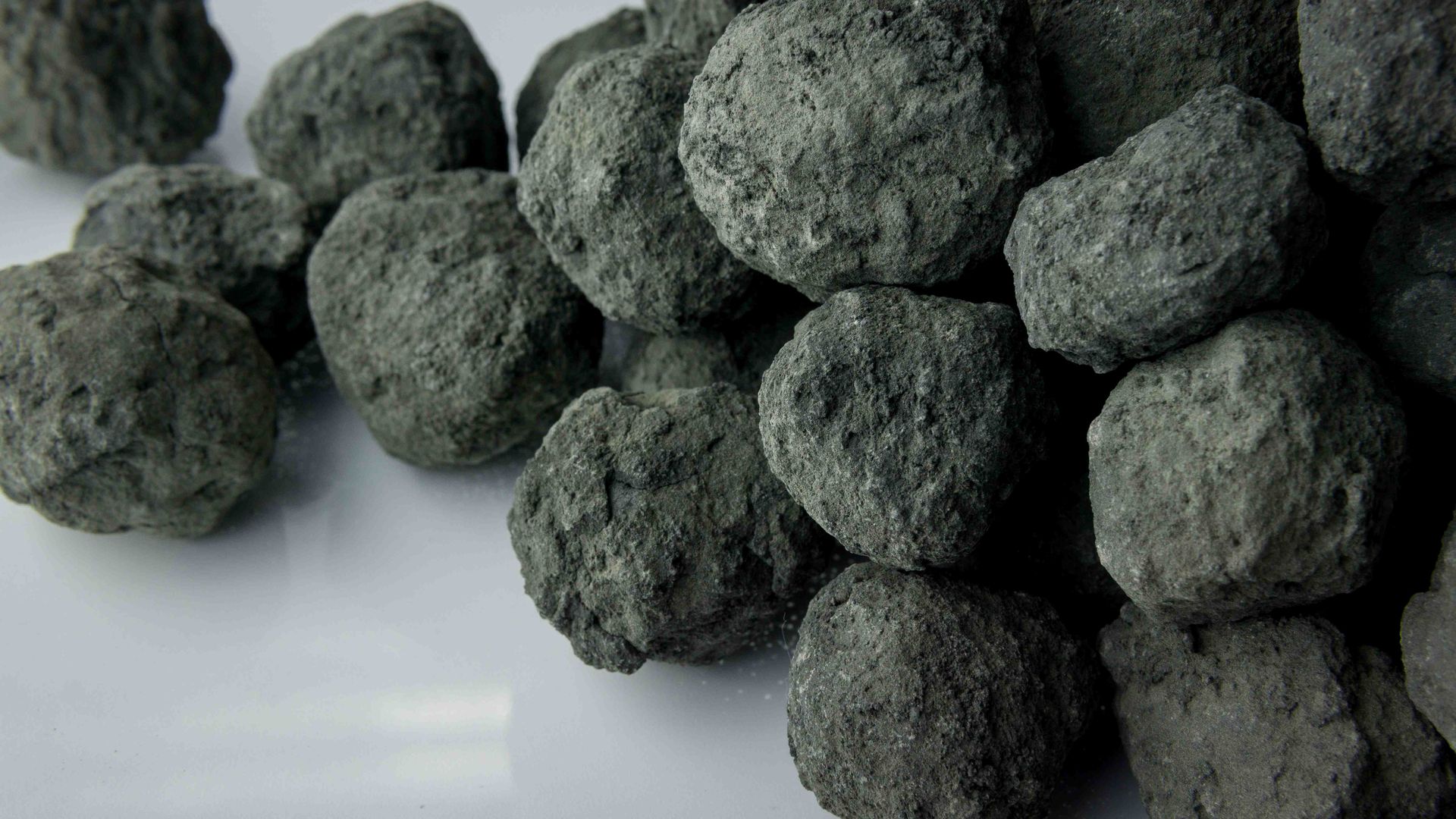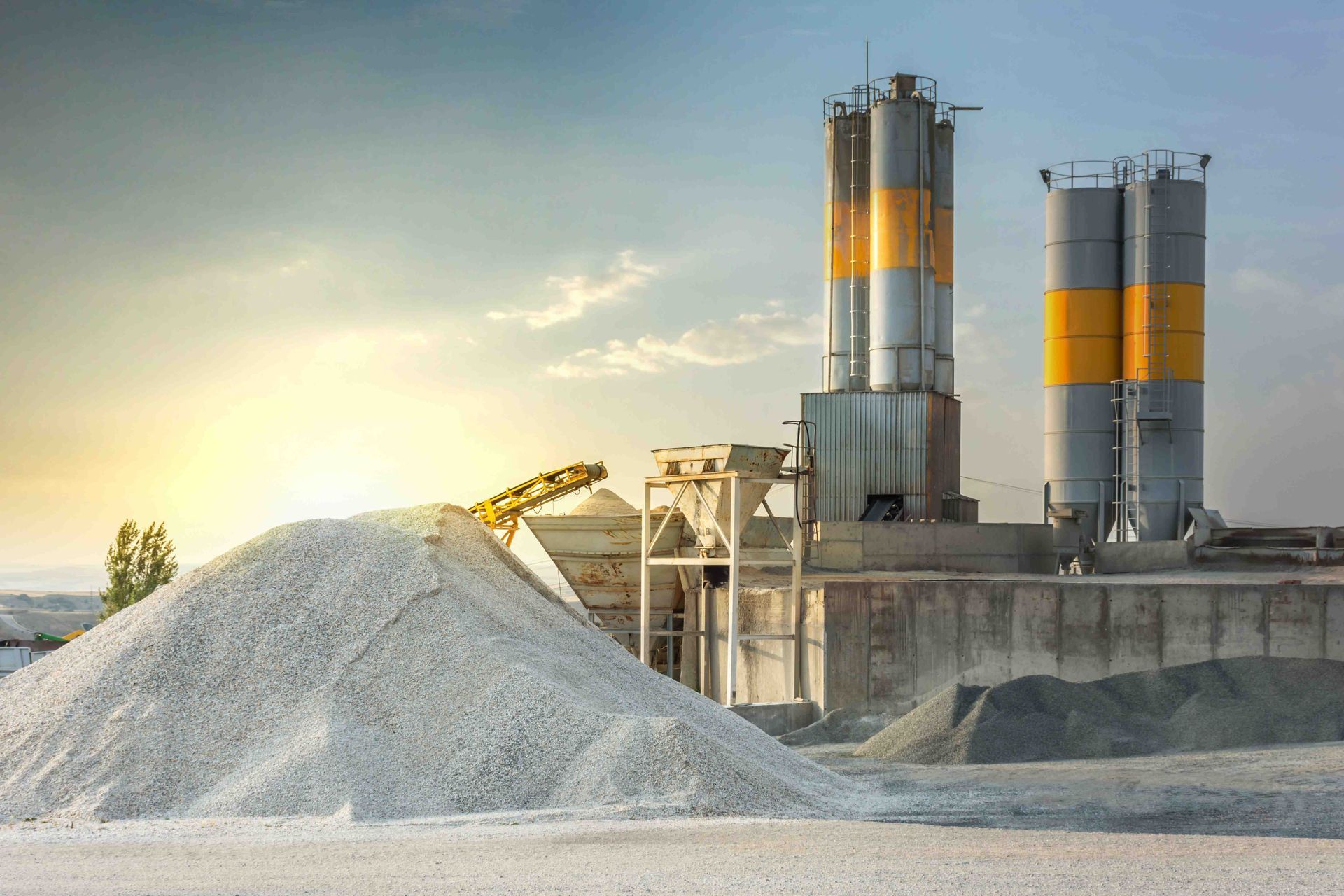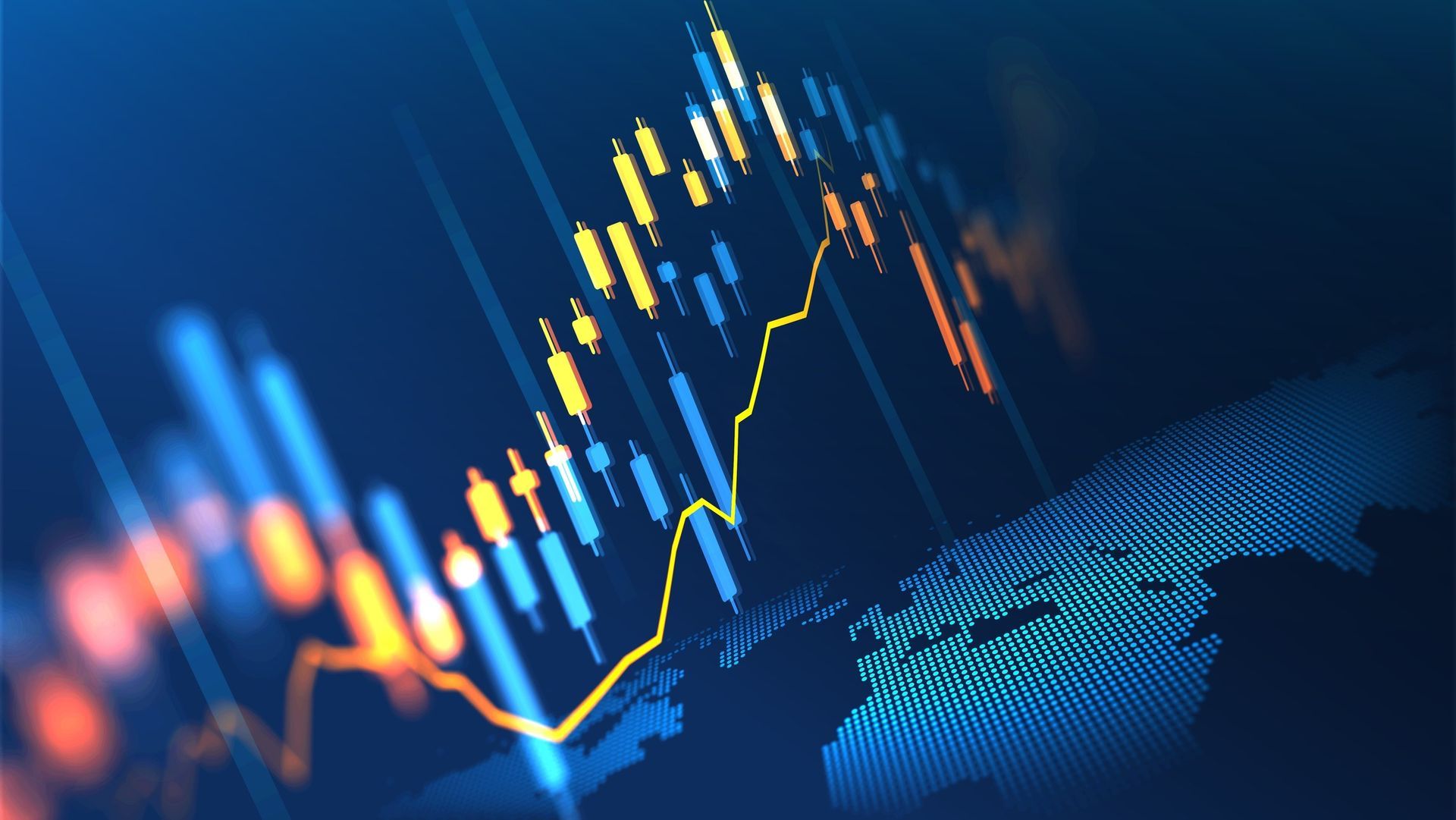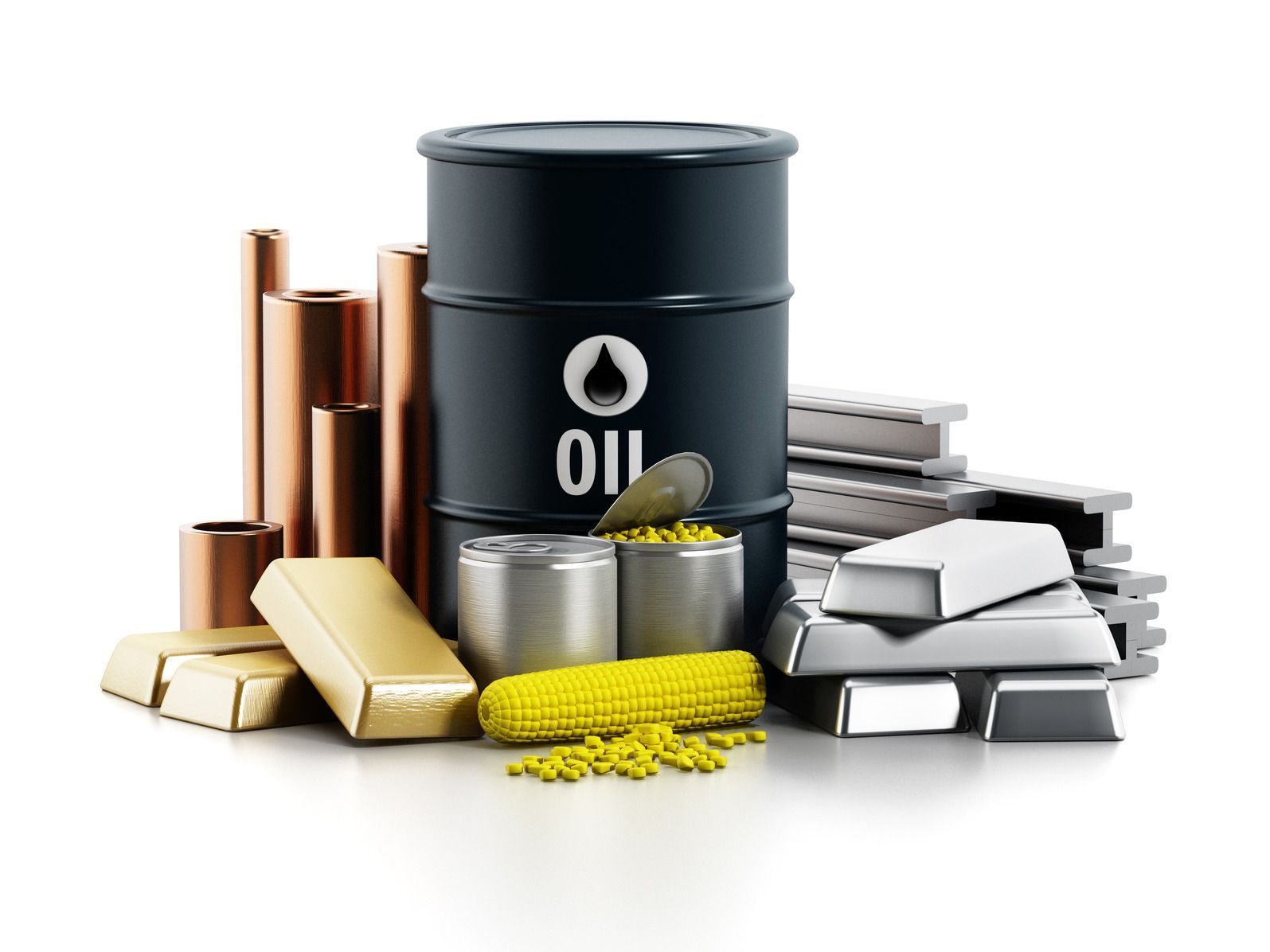5 Types of Commodities & How They’re Traded
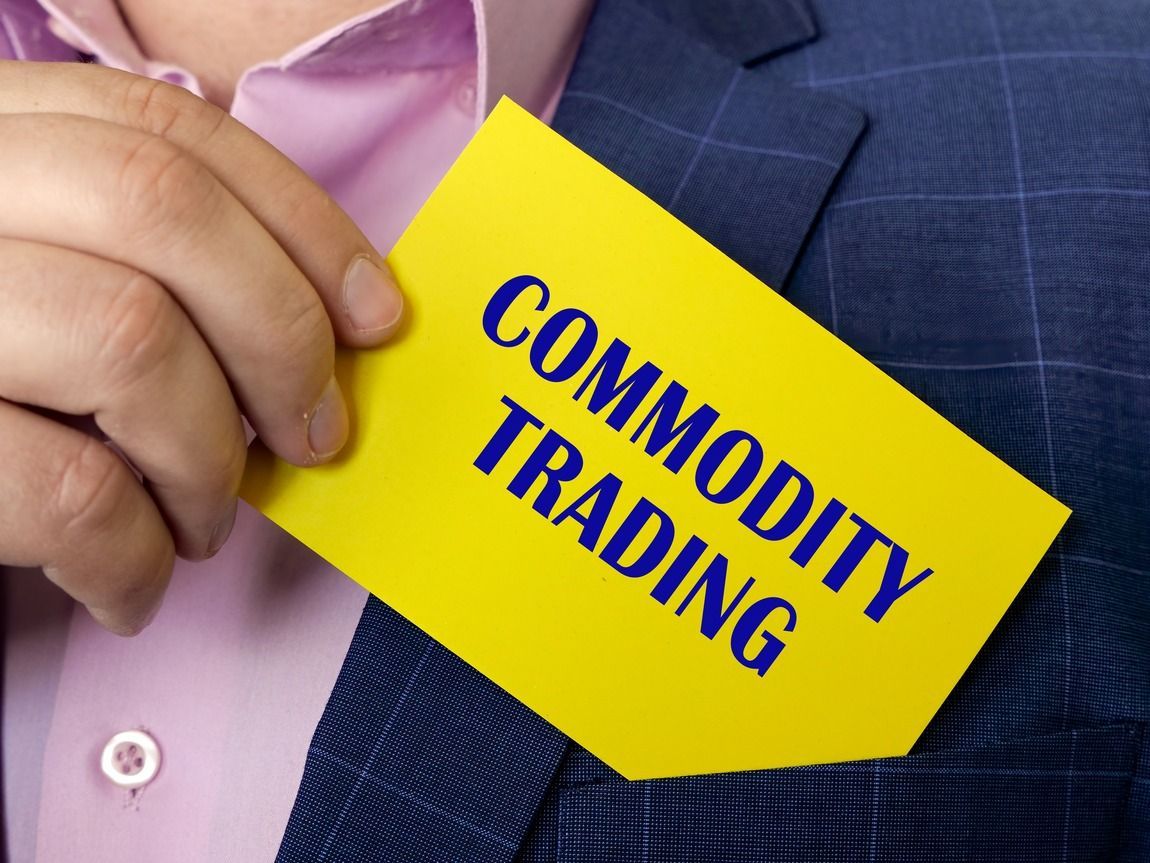
Company shares aren’t the only things traded on global stock markets. In fact, some of the most commonly traded and most valuable assets you can buy and sell in bulk are commodities. Commodities are absolutely vital for many businesses, and those enterprises need to know how those raw materials are traded.
In this article, we’ll go over five types of commodities and how these valuable substances are traded by enterprises around the globe.
What is a Commodity?
In a nutshell, a “commodity” is a market asset, similar to stocks and bonds (usually traded on stock markets). However, commodities are unlike stocks and bonds in that they are physical or "real."
Commodities are any products that come from the earth or its exploitation, including:
- Cotton
- Gas
- Corn
- Oil
- Wheat
- Fruit
- Uranium
- Gold
You can think of commodities as the raw materials that are needed for companies to run their businesses. Commodities can be used to make new products or, in some cases, are the products themselves.
Generally, commodities of the same type (see more below) can be interchanged or traded so long as they are the same “grade” or quality level. As an example, a chocolate company can make its chocolate products using cocoa that is produced in Cameroon, Ghana, or anywhere else – the important part is that the cocoa is the same quality, not its source (in most cases).
Types of Commodities
Broadly speaking, there are five different types of commodities that are traded on global markets and that are often used for manufacturing. Let’s take a closer look.
Energy
Energy commodities include any raw materials that are used to produce energy for machines and infrastructure. Energy commodities include:
Crude oil- Natural gas
- Thermal coal
- Brent crude
- Alternative energy
The energy commodities market is growing massively, especially thanks to the increased focus on renewable energy sources and machines in recent years.
Services
Services commodities are best thought of as the raw materials needed to perform services. They include but are not limited to oil services and mining services. Services commodities are oftentimes priced alongside energy commodities, as each type of commodity impacts the price of the other.
Metals & Materials
Metals and materials commodities are exactly what they sound like: raw materials or bulk earth minerals that are often used to create other products. Some examples include:
Base metals, such as zinc, tin, aluminum, copper, nickel- Bulk commodities, such as steel, iron ore, coking coal, and bauxite
- Other metals and materials, like soda ash, chemicals, and rare-earth metals
Precious Metals & Materials
Precious metals and materials are primarily used for currency purposes, although they are sometimes used (in small amounts) for high-quality or scientific machine manufacturing. Examples of precious metals and materials include:
Gold- Silver
- Platinum
- Palladium
Agriculture
Agriculture commodities include raw agricultural products made by farms and plantations around the world. Agriculture commodities include:
Grains, such as rice, wheat, maize, and jeera- Pulses, such as chana, urad, and yellow peas
- Spices, like pepper, turmeric, and red chili
- Oil and oil seeds, like soy seeds, castor seeds, and more. Oil and oil seed commodities also often include the oils made from the seeds, like soybean oil
How Are Commodities Traded?
As noted earlier, commodities are highly important for business operations of all types. However, aside from buying or selling commodities for business purposes, market traders can also
trade commodities through specific contracts.
Generally, there are two different ways to trade commodities contracts. The first of these is futures trading. With a futures contract, a buyer agrees to purchase a certain quantity of the commodity at a preset price. The seller agrees to sell that commodity at the agreed-upon quantity and at the same price.
Futures commodities contracts are important because they eliminate price variability and introduce some stability into the process. As an example, a farmer can agree to sell a certain amount of their farm goods at a specific price. That price might not be the theoretical market high, but they accept the futures contract since it means they get paid no matter what.
The other way to trade commodities is through options trading. An options trading contract is an "option" to buy or sell a commodity at a specific price regardless of the current market price.
Options trading is riskier than other kinds of trading, but it can allow smart traders or businesses to get excellent deals for specific commodities from time to time. Note that with options trading, the holder of an options contract does not have to exercise that contract or buy or sell a commodity if they don’t want to.
Eventually, however, options contracts expire, so they are only “good” or “redeemable” up to a certain point. After that, a new options contract has to be purchased.
Conclusion
Now that you know the different types of commodities and how to trade them, you can look into purchasing commodities for your business. Alternatively, you can trade commodities to make a profit on the stock market!
The information in this blog post is for reference only and not legal advice. As such, you should not decide whether to contact a lawyer based on the information in this blog post. Moreover, there is no lawyer-client relationship resulting from this blog post, nor should any such relationship be implied. If you need legal counsel, please consult a lawyer licensed to practice in your jurisdiction.
Disclaimer: The information on this website and blog is for general informational purposes only and is not professional advice. We make no guarantees of accuracy or completeness. We disclaim all liability for errors, omissions, or reliance on this content. Always consult a qualified professional for specific guidance.

